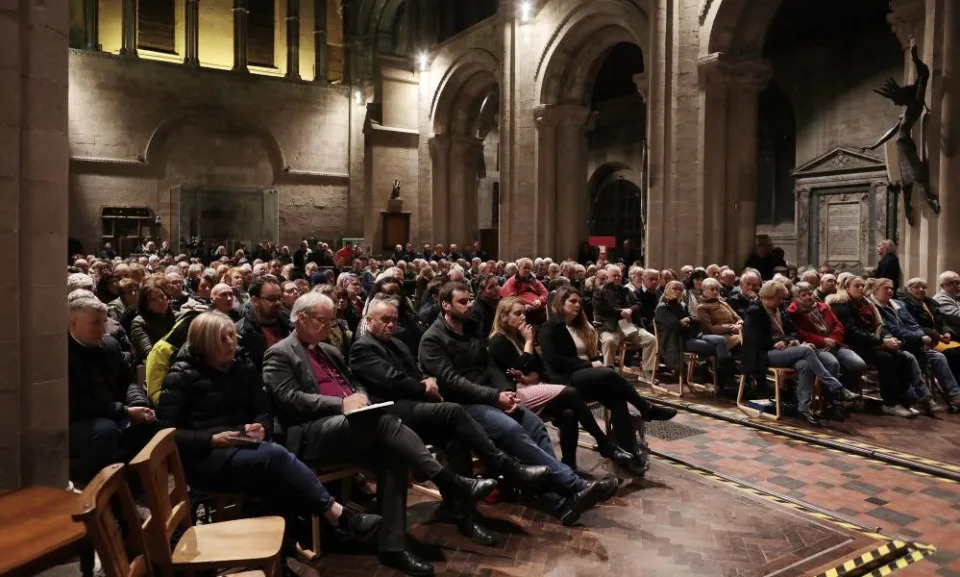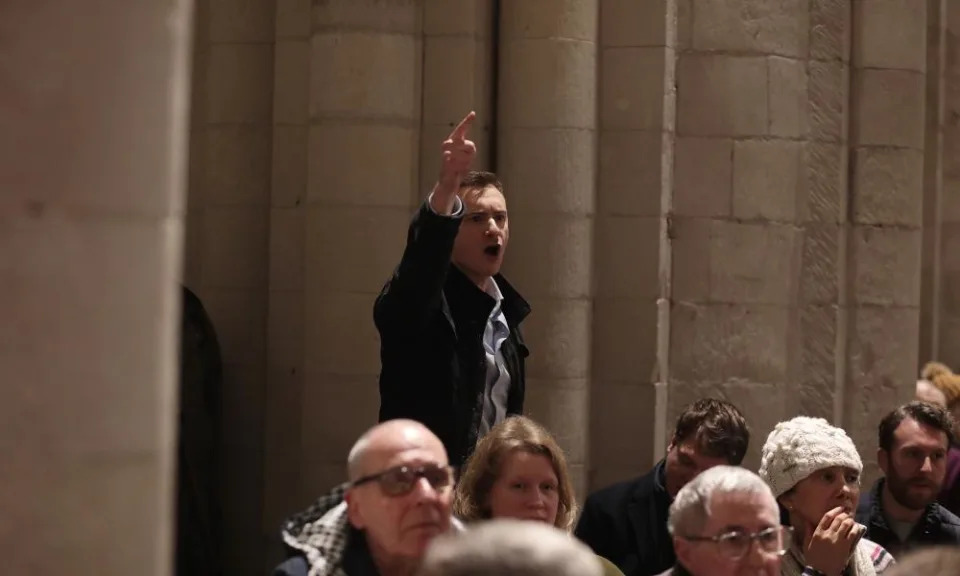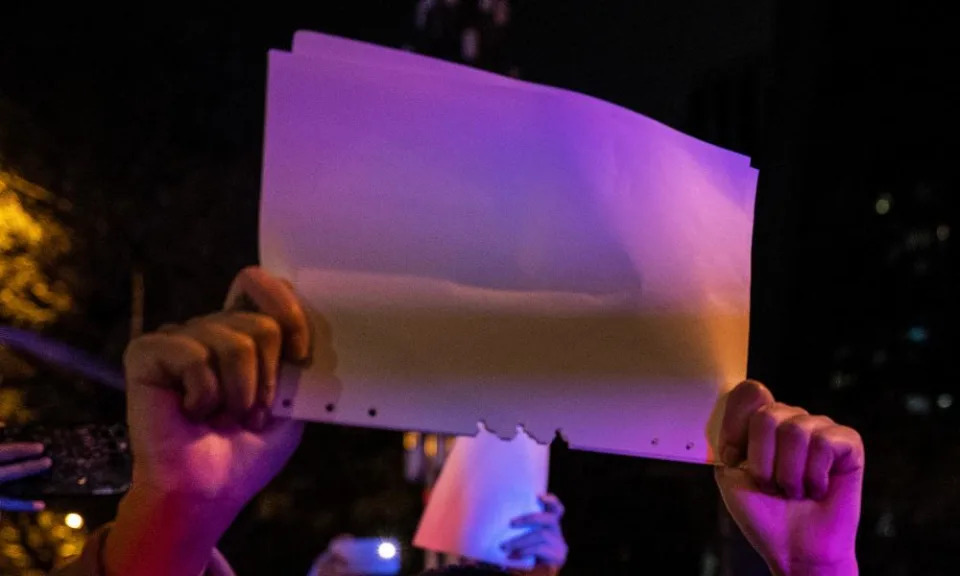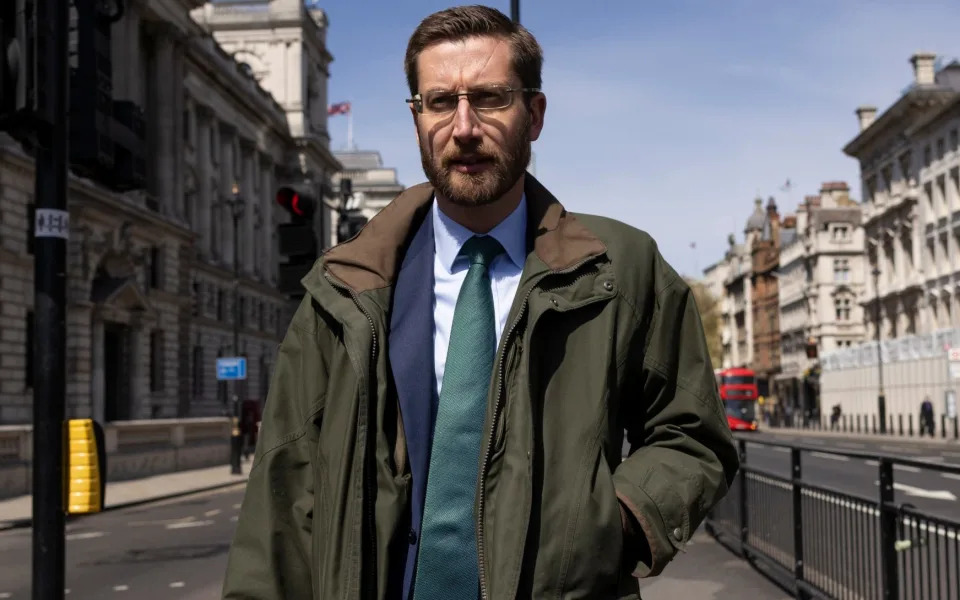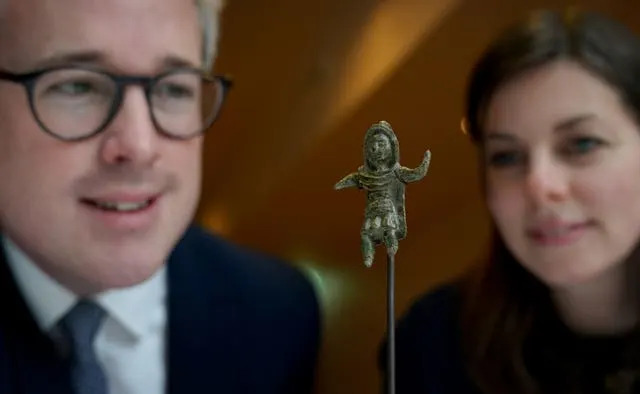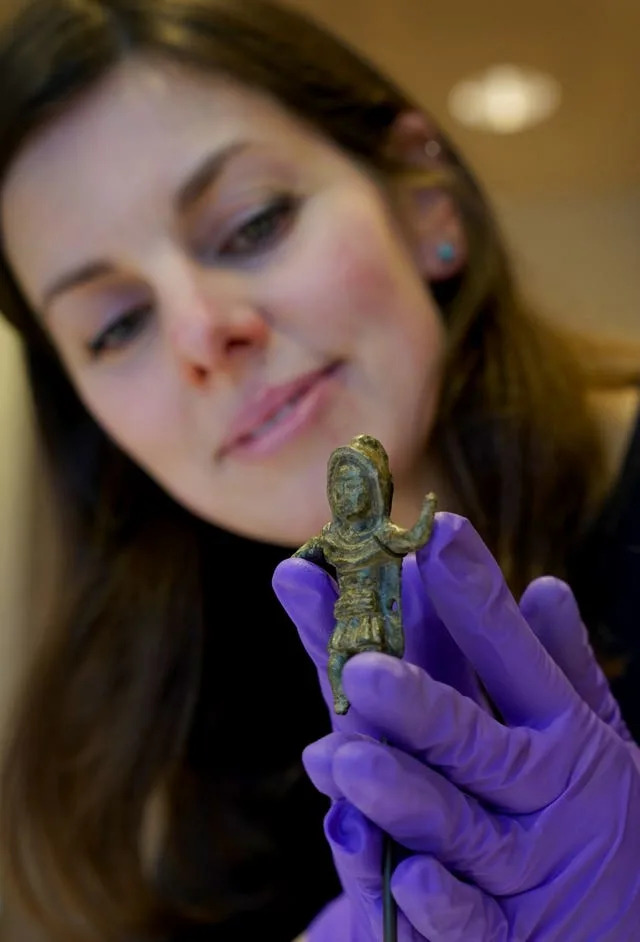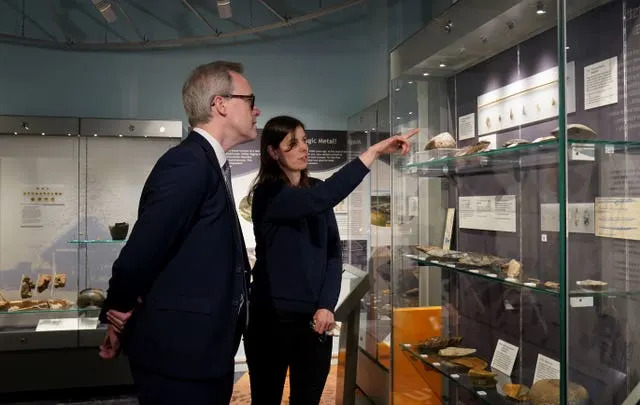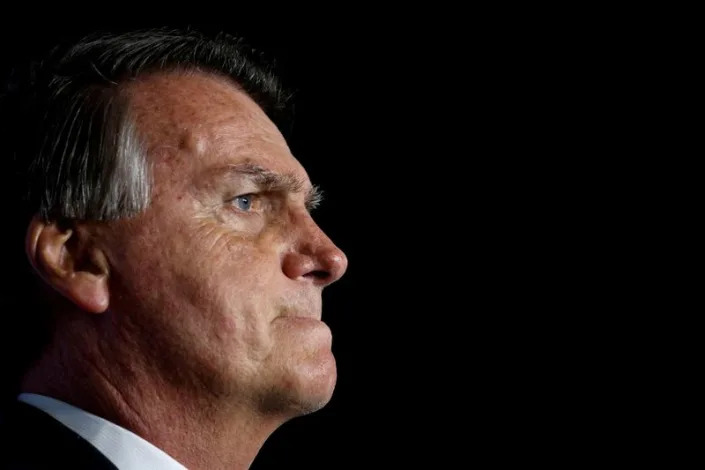Fri, 17 February 2023
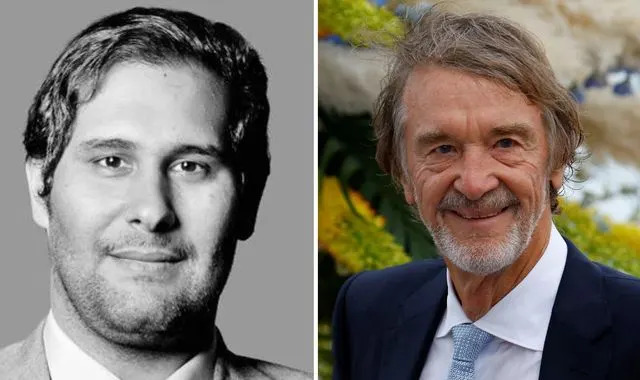
Sir Jim Ratcliffe's firm INEOS has confirmed that it has submitted a bid for Manchester United.
It comes after the chairman of Qatar Islamic Bank (QIB) confirmed that he had put in his own offer for the club.
A statement from INEOS said that Sir Jim Ratcliffe and INEOS "have submitted a bid for majority ownership of Manchester United Football Club".
It added: "We would see our role as the long-term custodians of Manchester United on behalf of the fans and the wider community. We are ambitious and highly competitive and would want to invest in Manchester United to make them the number one club in the world once again.
"We also recognise that football governance in this country is at a crossroads. We would want to help lead this next chapter, deepening the culture of English football by making the club a beacon for a modern, progressive, fan-centred approach to ownership.
"We want a Manchester United anchored in its proud history and roots in the northwest of England, putting the Manchester back into Manchester United and clearly focusing on winning the Champions League."
The billionaire, one of Britain's richest people, has never made any secret of his desire to buy the club. He supported United as a boy and is understood to remain a fan.
He also owns cycling team Ineos Grenadiers, Ligue 1 side Nice, who he took over in 2019, and FC Lausanne-Sport, a Swiss Super League club.
Manchester United's current owners, the Glazer family, had set a "soft" deadline of 10pm on Friday night.
Meanwhile in a statement, Sheikh Jassim bin Hamad al Thani, who is heading the Qatari attempt "confirmed a submission for a bid for 100% of Manchester United Football Club".
The statement added: "The bid plans to return the club to its former glories both on and off the pitch, and above all will seek to put fans at the heart of the football club once more."
"The bid will be 100% debt-free, via Sheikh Jassim's Nine Two Foundation which will look to invest in the football teams, the training centre, the stadium and the wider infrastructure."
The Nine Two Foundation is a new financial entity set up to privately fund the bid.
Sheikh Jassim, whose father Hamad bin Jassim bin Jaber al Thani is a former prime minister of Qatar, was educated in Britain at Sandhurst military academy, he graduated as an officer cadet and has been chairman at QIB, as well as having roles at other clubs. Born in 1982, Sheikh Jassim says he has been a lifelong Manchester United fan.
The Glazer family, who took over the club in 2005 and who are widely disliked by fans, announced in November that they would put Manchester United up for sale.
There is believed to be interest in the club from four quarters: Sir Jim; Sheikh Jassim; US-based Josh Harris and David Blitzer, who attempted to buy Chelsea; and from Saudi Arabia. The bids from Saudi Arabia and Qatar are expected to be the only ones that would not rely on borrowed money.
The Raine Group based in New York is marketing the club's sale and will be ensuring that any bids for the club are backed by solid financial foundations.
If the QIB bid is successful Manchester United would become the third Premier League club to have Gulf owners, joining Manchester City (UAE) and Newcastle (Saudi Arabia). In France, Paris St Germain are owned by the Qatari sovereign wealth fund.


